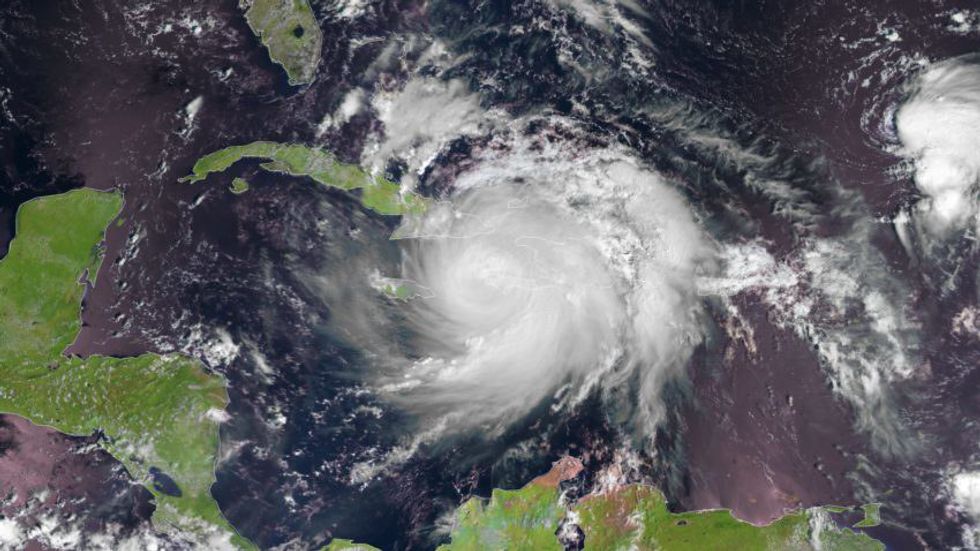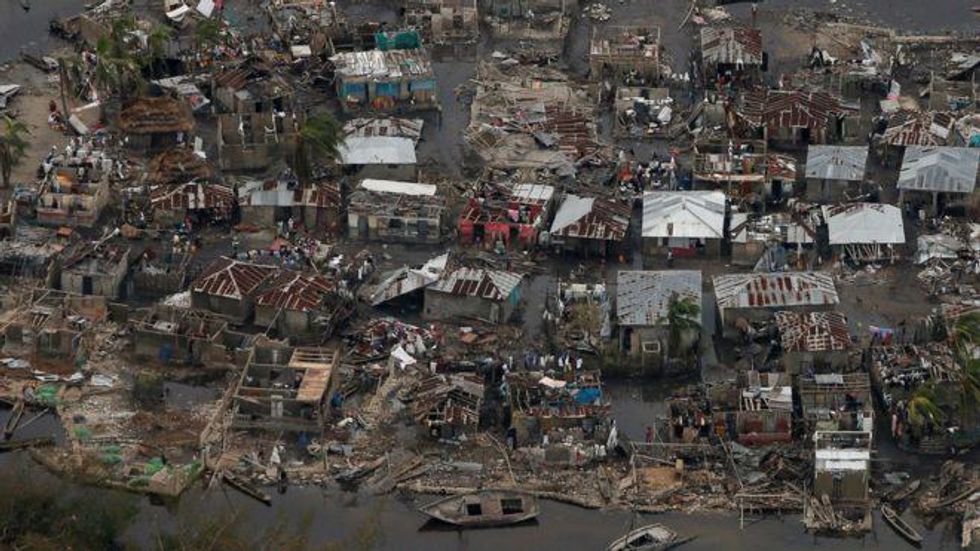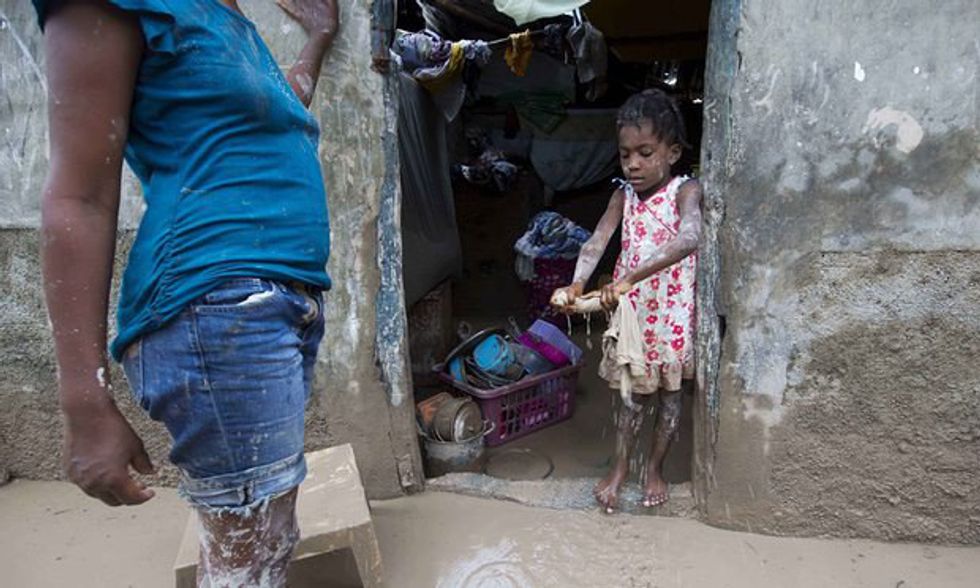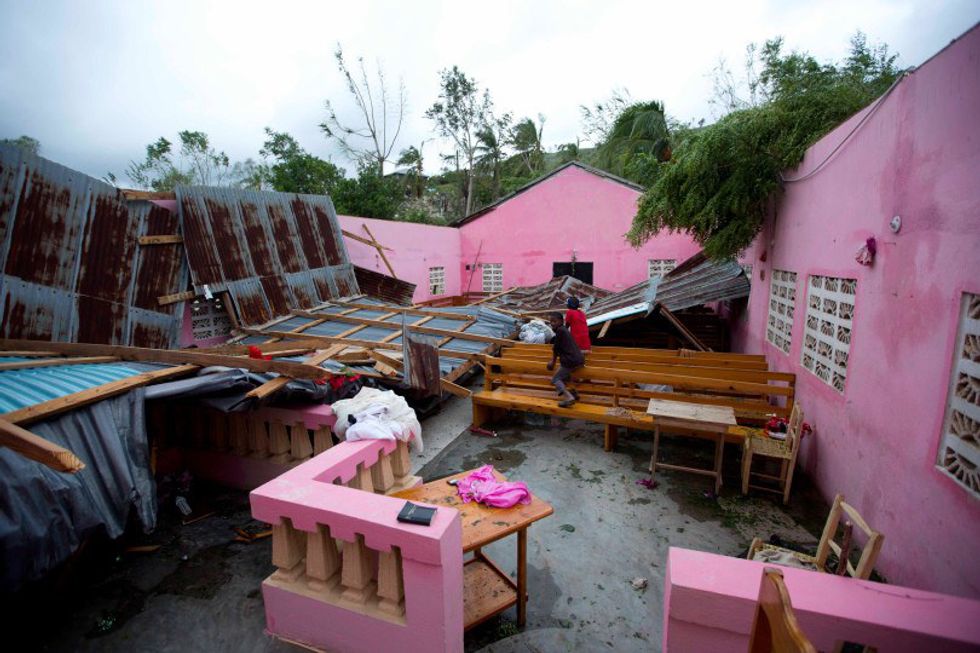In the past decade, Haiti has seen the most devastating effects of natural disasters. Since 2004, intense flooding, earthquakes, disease and hurricanes have ravaged through this Caribbean island. The death toll of these disasters is estimated to be over 307,000 people. 307,000. These people died by drowning, buildings falling over, suffocation, cholera outbreaks: just pure chaos and devastation. And now Hurricane Matthew.
Hurricane Matthew has rampaged through Haiti killing over 800 Haitians. 800. Currently, the amount of damage Matthew has caused the Haitian people is estimated to be over $1 billion. According to Business Insider, that is 11.4% of Haiti’s 2015 GDP of $8.88 billion. Can you imagine? If the United States of America had 11.4% of our GDP lost to a natural disaster, that would equal $2 trillion. The amount of businesses lost, homes lost and lives lost is just staggering.
Death and destruction is a common theme in Haiti’s recent history. Just six years ago, a magnitude 7 earthquake hit the country killing 300,000 people. It has been recorded as one of the deadliest natural disasters of the past 50 years. Thousands of people died in their homeland and thousands more were displaced. And it has become a vicious case of deja-vu for the citizens of Haiti.
Meteorologists have said that because of Haiti’s location in the Caribbean it is a breeding ground for the destruction of “Acts of God.” The hot African currents mixed with the cool fronts from the North can cause hurricanes to manifest and run rampant. The death tolls have been attributed to the small area with the number of people occupying the space. Haiti is only 10,714 mi2 or about the size of Massachusetts with 10.32 million people (compared to Massachusetts 6.745 million). So, Haiti is considered densely populated. And it is one of the poorest countries in the Western Hemisphere, which causes aid and previsions to be desperately needed.
But what can we do? What can Americans do to help our fellow men, women and children in a country rife with disaster after disaster after disaster?
If you are a spiritual or religious person, of course you can send your prayers, wishes, healing and positive messages and blessings their way. You might not be in a position to physically or financially help but sharing information to those who can will help. If you are financially able to help, donating to the Red Cross can be life-saving. CNN has compiled a list of organizations that you or someone who is financially able to donate to the people of Haiti and the United States affected by Hurricane Matthew.
Hurricane Matthew is currently on track (by the time the article is live it would have hit) the southeastern United States. In the aftermath, people will need help rebuilding and reshaping their lives. Again, if you are able to please donate to an organization you trust to give help to those affected by the storm.
And please… Stay safe.

























